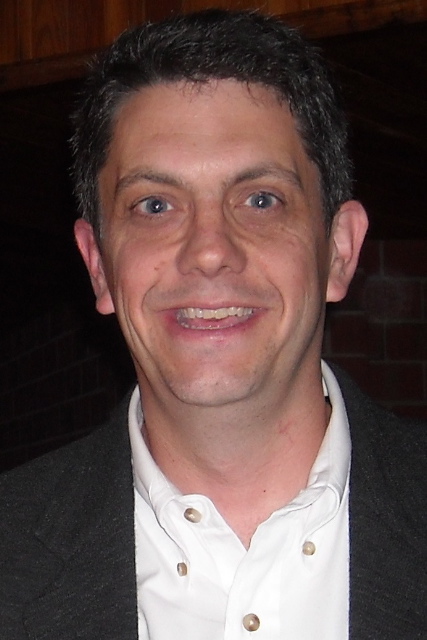"A real diehard, indestructible, irresolvable obsession in a poet is nothing less than a blessing," writes Tony Hoagland. "The poet with an obsession never has to search for subject matter. It is always right there, welling up like an Artesian spring on a piece of property with bad drainage.
- Tony Hoagland, Real Sofistikashun
As I type this, music pours through my headphones, a Bach suite for unaccompanied cello, recorded by the great Pablo Casals in the middle of the last century. Hearing Casals play on my iPod, I can’t help but think of the time I heard this same piece played by Slovakian cellist Josef Luptak. While sitting on wooden pews in a stone chapel in an Austrian castle, as Josef reached the end of the sarabande, we saw mist settle on mountains just barely visible from the tiny arched window. And, almost as a miracle, in the silent space between movements, birds sang.
Everyone was still. For a moment we inhabited together a sacred space made possible by Bach, by Luptak, by his listeners, by the setting, and, wonderfully, by some random, improvisatory birds. How I’ve wondered (for five years or more), do I write this? Should it be written?
While nearly everyone has some kind of powerful experience with music—hearing, performing, practicing, dancing—we often have difficulty expressing music’s effects, its means of moving, comforting, or energizing us. While I have tried to write about these things in prose (http://www.wunderkammermag.com/arts-and-culture/wright-cappella), poetry has provided my most intense, satisfying and unsettling way of coming to terms with song. I want to give a verbal representation of music's sonic and rhythmic experience, and writing poems has helped me to discover (and recover) in language an embodied encounter with music and its power in my life.
I also harbor the hope that my musical obsessions have been generative of poems that provide their own layered and sensuous experiences for readers. In college, I studied music for two years before recognizing that I would be better off as an avocational rather than vocational singer. My subsequent turn towards reading and writing poetry, however, would not let me escape my passions for song. I have written intuitive, envious poems (http://www.bethelks.edu/mennonitelife/2001dec/wright.php) about music and musicians all my adult life.
Only recently, though, have I come to understand these poems as a version of ekphrasis (the long tradition of writing poems in response to visual art). And even more recently I have applied this musical and ekphrastic urge to an obsession with the work of J. S. Bach. In the tradition of Keith Ratzlaff's preoccupation with Paul Klee, I decided to my Bach-love and vexation take over my work for as long as it would. So my "blessing," my "diehard, indestructible, irresolvable obsession" as Tony Hoagland's describes it, has been Bach, his music, his legacy, his forms, his obsessions and my experiences of these.
These "Five Sarabandes" represent a small portion of a manuscript I call The Small Books of Bach. Writing more than forty poems about one giant musican has allowed to accrue and accumulate my Bach--a process I hope can be seen in the earliest drafts of the poems. Finding forms for these poems has freed my own "Artesian spring" to bubble in many ways rather than to flood and drown out the resonance, I hope, is echoed in these poems.
Without telling readers how to read or experience these poems, I will say that each one comes from a distinct encounter with the sarabande from Bach's Cello Suite #1 In G, BWV 1007. The final poem includes a link to the September 11, 2001 performance by Steven Isserlis.
The Catalan "Song of the Birds" he plays so mournfully is deeply connected to this cello suite, in large part due to Pau Casals' inclusion of both pieces in many of his concerts after leaving Spain where he was banned from performing this song by dictator Francisco Franco.
